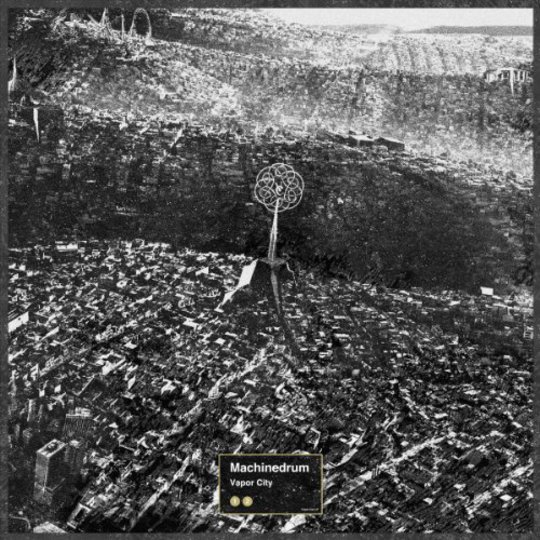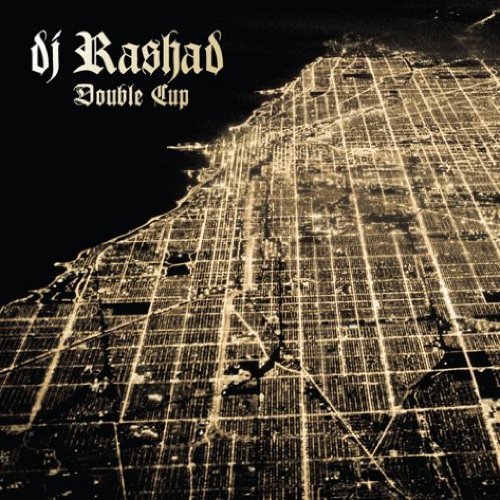If there's one turn of phrase guaranteed to set alarm bells ringing, it is the presence of the word ‘concept’ before ‘album’. Preconceived narratives can not only weigh an album down, removing the ability of the listener to interpret and take ownership, but also place the record within a context in which it must constantly justify itself. It is lucky, then, that Travis Stewart’s second release under his Machinedrum moniker avoids most of usual pitfalls.
Vapor City is a fictional metropolis visited regularly in Stewart’s dreams, and each of the ten tracks represents a specific district within the city. But the album is essentially saved from its concept, as the music doesn’t really lend itself to this description.
Continuing in the vein of his previous work as Machinedrum, 2011’s Rooms, and very much on trend with the hybrid between late Nineties gritty urban dance music, house and melodic downtempo, Vapor City occupies that territory between nostalgic and contemporary. As you would expect from a Travis Stewart release, whether it be solo or as one half of Sepalcure or JETS, percussion plays a prominent role, around which the rest of the music is built.
It begins with ‘Gunshotta’, one of the few tracks on the record that packs a punch big enough for a dancefloor. Starting with melancholic vocals reminiscent of Burial and splashes of synth, it breaks down into a jungle-y stomper complete with rough ragga vocals and a bass drop. However, as with the rest of the record, the temptation to go all out with a punch to the diaphragm is resisted. It serves as a hook for the album, but almost a false start, as from hereon in the energy slips and doesn’t really pick up again until ‘Rise N Fall’, where the dreamy refrain of “rise and fall” is wedded with harsh drums and the return of dancehall vocals.
The charm of Vapor City lies in Stewart’s ability to combine frenetic percussion with highly emotive sweeping melody like a particularly pleasing cocktail of uppers and downers, providing a nervous energy to the otherwise ethereal wooze. On track two, ‘Infinite Us’, a series of piano flourishes repeat throughout the song, continually stretched out and shattered and formed again, joined by distant dreamy vocals, all set on top of lashes of hi-hat and bass drone. Likewise, ‘Don’t 1 2 Lose U’ has all the ingredients to be a dancefloor hit, but instead has an otherworldly semi-conscious quality as the distant, reverb-laden R’n’B vocals and melodic drone gently hold it back.
In other places Stewart veers slightly off course into newish territory, with the saccharine-sweet hip-hop vibes of ‘Center Your Love’, The Field-like ‘SeeSea’, and ‘U Still Lie’ which belongs in the Eighties complete with echoing drum pads and a plodding synth melody joined by Toro y Moi style vocals. However he returns to his distinctive soundscape with ‘Eyesdontlie’, where the autotuned chorus returns to the sea of melodic wooziness and frantic percussion.
Vapor City exists on the borders of various contradictions, being widely expansive while at the same time suffocatingly introverted, high energy but downtempo. This gives it versatility by not constraining it to a particular arena or mood - it's contemplative but has momentum. There is not much here that jumps out of the speakers, or that makes you want to scream with excitement; instead it is a release that slowly gets under your skin, and most importantly, doesn’t force its concept down your throat.
-
7Alex Baker's Score
-
8User Score






















